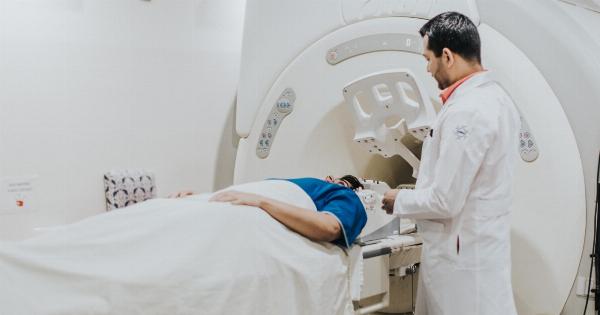Bed Eating Disorder, also known as Binge Eating Disorder (BED), is a serious eating disorder characterized by recurrent episodes of consuming large quantities of food in a short period of time accompanied by a lack of control over eating behavior.
Unlike bulimia nervosa, individuals with BED do not engage in compensatory behaviors such as purging or excessive exercise. BED affects people of all ages, genders, and backgrounds, and it often leads to significant physical and psychological consequences.
Symptoms of Bed Eating Disorder
It is important to be aware of the symptoms of BED in order to identify it and seek appropriate help. Some common symptoms of Bed Eating Disorder include:.
- Recurrent episodes of binge eating, characterized by consuming large amounts of food within a discreet period (such as two hours)
- Feeling a lack of control over eating behavior during these episodes, often experiencing a sense of guilt, shame, or embarrassment afterward
- Eating quickly during episodes, even when not physically hungry
- Eating until feeling uncomfortably full
- Eating alone or in secret to avoid judgment or scrutiny
- Feelings of distress, disgust, or depression after binge eating
- Experiencing significant distress due to binge eating, affecting daily life, relationships, and self-esteem
Cause and Risk Factors
The exact cause of Bed Eating Disorder is unknown, but several factors may contribute to its development. These include:.
- Genetics: BED tends to run in families, suggesting a genetic component
- Biological Factors: Imbalances in brain chemicals may contribute to compulsive eating behaviors
- Psychological Factors: Psychological conditions such as depression, anxiety, or body image dissatisfaction may increase the risk
- Environmental Factors: Childhood trauma, abuse, or societal pressures related to body weight and shape may contribute to BED
- Dieting and Restrictive Eating: Strict or yo-yo dieting can trigger overeating and binge episodes
Diagnosis and Treatment
If you suspect that you or someone you know may have BED, it is crucial to seek professional help.
A healthcare provider, typically a mental health professional or a registered dietitian, can make a formal diagnosis by assessing the individual’s symptoms and conducting a thorough evaluation.
Treatment for Bed Eating Disorder usually involves a multidisciplinary approach including therapy, medication, and lifestyle changes. Some common treatment modalities include:.
- Psychotherapy: Cognitive-behavioral therapy (CBT) helps individuals identify and change unhealthy thoughts and behaviors related to food and body image. Interpersonal psychotherapy (IPT) can also be effective in addressing emotional and relationship issues related to BED.
- Medications: Selective serotonin reuptake inhibitors (SSRIs) such as fluoxetine or sertraline may be prescribed to help manage symptoms of BED.
- Support Groups: Joining support groups or seeking peer support can provide a valuable source of understanding, empathy, and encouragement throughout the recovery process.
- Nutritional Counseling: Working with a registered dietitian can help establish a balanced eating plan and address any underlying nutritional deficiencies.
- Self-help Strategies: Learning and implementing coping mechanisms, stress management techniques, and mindfulness practices can aid in overcoming BED.
Prevention and Self-Care Strategies
While there is no foolproof way to prevent Bed Eating Disorder, certain self-care strategies can help reduce the risk. These include:.
- Building a Support System: Surrounding yourself with positive influences and seeking support from friends, family, or professionals can be crucial in maintaining a healthy relationship with food.
- Maintaining a Balanced Diet: Eating regular, balanced meals can prevent extreme hunger and reduce the likelihood of binge eating episodes. Including a variety of nutrients and avoiding restrictive or fad diets is key.
- Addressing Emotional Triggers: Identifying and managing emotional triggers, such as stress, sadness, or boredom, can help prevent turning to food as a coping mechanism.
- Fostering a Healthy Body Image: Cultivating a positive body image and practicing self-acceptance can reduce the risk of developing BED.
- Stress Management: Finding healthy ways to manage stress, such as exercise, meditation, or engaging in hobbies, can alleviate emotional turmoil that may contribute to BED.
Conclusion
Bed Eating Disorder is a serious condition that can significantly impact an individual’s physical and mental well-being.
Recognizing the symptoms, seeking professional help, and implementing appropriate treatment strategies are essential for recovery. With the support of healthcare providers, loved ones, and personal commitment, individuals with BED can overcome this disorder and regain a healthy relationship with food.



























